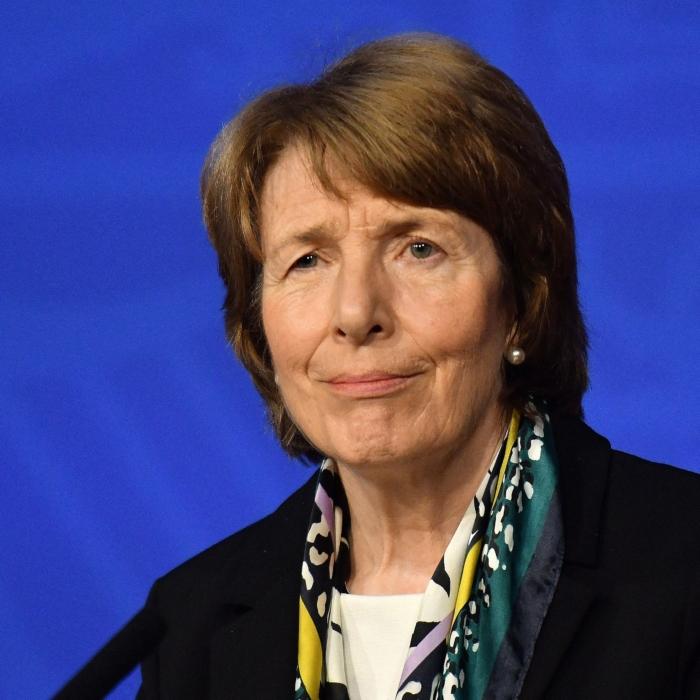A medication prescribed to around eight million Brits to treat anxiety, epilepsy, and nerve pain has the fastest rising death toll of any drug in the UK, analysis has shown.
Figures from the Office of National Statistics, examined by the Times of London, pointed to a huge spike in pregabalin-related deaths.
The latest figures echo an investigation by The Epoch Times last year, which looked at drug poisoning statistics for England, Wales, Scotland and Northern Ireland and revealed the prescription pill has been increasingly listed as either a cause or contributing factor in deaths across the UK.
It is now the fourth most common substance found in drug-related deaths, behind only opiates (such as heroin and morphine), cocaine and benzodiazepines (such as Xanax and Valium).
It was brought to market by Pfizer in 2004 and heralded as a “wonder drug” for the treatment of anxiety because it was claimed to be less addictive than opioids—but evidence increasingly suggests the claims made by the pharmaceutical giant were misleading.
After Pfizer obtained a second patent, between October 2015—2018, GPs were forced to switch patients from generic pregabalin to Pfizer-branded Lyrica until the patent ran out in July 2017, at a cost to the NHS of £502 million. The global market for pregabalin is worth an estimated $5 billion a year.
Sold On The Streets For ‘A Pound A Pill’
The ‘Prescription Drug Of Choice’ For Addicts
Labelled as the prescription “drug of choice” for users by outreach workers who spoke to the Manchester report authors, the demand for pregabalin is believed to have grown partly due to its ability to enhance the effects of other drugs, as well as its low cost.Concerns about the use of addictive prescription drugs have come to the fore since the opioid epidemic in the United States, where highly addictive medications were routinely handed out for pain, causing millions of Americans to become hooked.
Between 1999 and 2021, around 645,000 Americans are believed to have died from an overdose involving an opioid.
The regulator gave GPs guidelines not to prescribe the drug to expectant mothers following the study, which showed the most common birth deformities were those affecting the nervous system, eyes, face, urinary system, and genitals.
An investigation by the MHRA found the rate of deformities from pregabalin to be about 5.9 percent for those who took it in their first trimester, compared with about 4.1 percent who did not use the drug or any similar medication.
In 2021, the MHRA said it had reviewed “conflicting” evidence, and its latest guidance says the medication should not be used in pregnancy “unless clearly necessary and only if the benefit to the patient clearly outweighs the potential risk to the foetus.”







